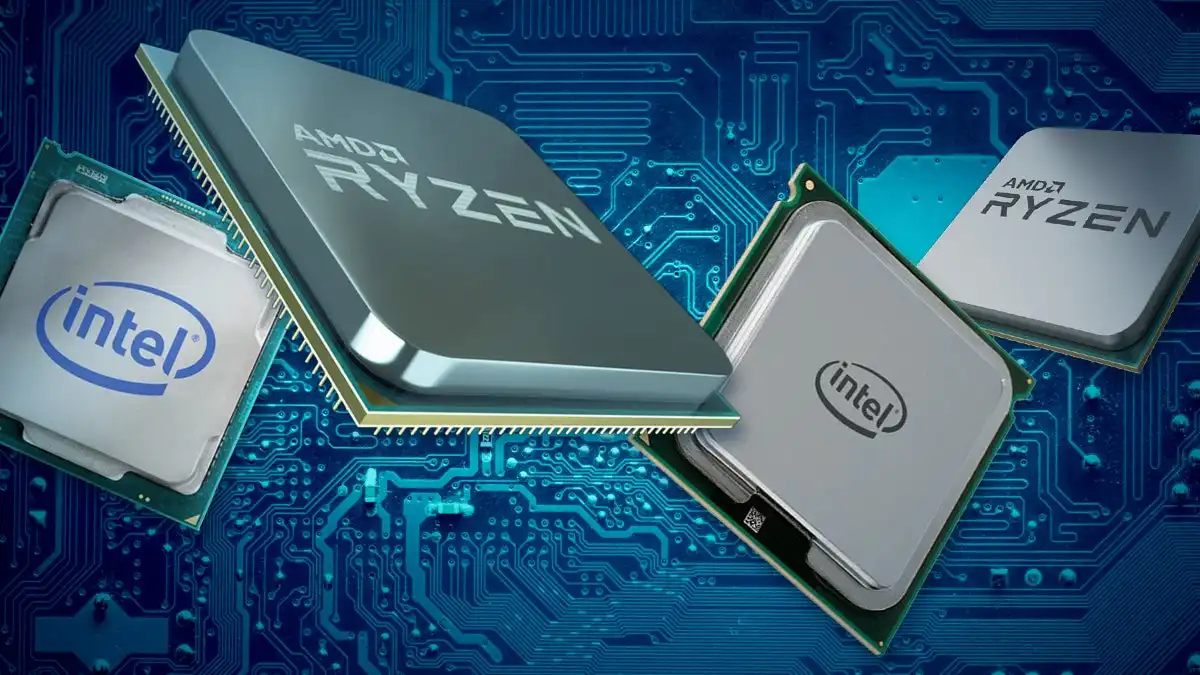At the heart of every computer lies a crucial component: the Central Processing Unit (CPU). But, for the average consumer, understanding the technical jargon surrounding this vital piece can seem like decoding an enigmatic code. Let’s simplify this, breaking down the complex lingo associated with CPUs and unraveling their significance.
What is a CPU?
The CPU is often dubbed the “brain” of the computer. It carries out most of the processing, executing instructions from software, and managing the operations of other hardware components.
Key Terms and Their Meanings
- Cores: A CPU can have one or more cores. Each core functions like a separate CPU, allowing for multitasking and improving performance, especially in applications designed to utilize multiple cores.
- Clock Speed: Measured in gigahertz (GHz), this denotes how fast the CPU can process instructions. A higher clock speed generally means a faster processor, but it’s not the only factor determining overall performance.
- Cache: This is a small-sized type of volatile computer memory that provides high-speed data access to the processor, improving speed and efficiency.
- Threads: Threads represent how many tasks a single core can handle at once. Some CPUs have technology (like Intel’s Hyper-Threading) that allows each core to run multiple threads, further enhancing multitasking capabilities.
- TDP (Thermal Design Power): It represents the maximum amount of heat a CPU is expected to emit. This is vital for planning cooling solutions and ensuring longevity.
- Architecture: This refers to the design and functionality of the CPU’s internal components. New architectures often bring performance improvements, reduced power consumption, or other enhancements.
- Overclocking: A method used to boost the CPU’s clock speed beyond its factory settings, potentially leading to better performance but also higher temperatures.
Why Does This Matter?
Understanding these terms can greatly assist consumers in making informed decisions when purchasing or upgrading computers. It ensures that you choose a CPU that aligns with your specific needs, whether that’s high-end gaming, content creation, casual browsing, or any other task.
In Conclusion
CPUs, with their myriad of specifications and jargon, can seem daunting. But with a bit of knowledge and understanding, you can navigate the world of processors confidently. And if you ever need guidance or assistance, remember that expert help is just around the corner.
